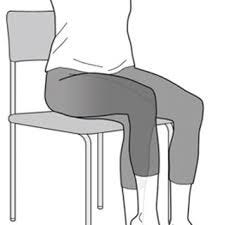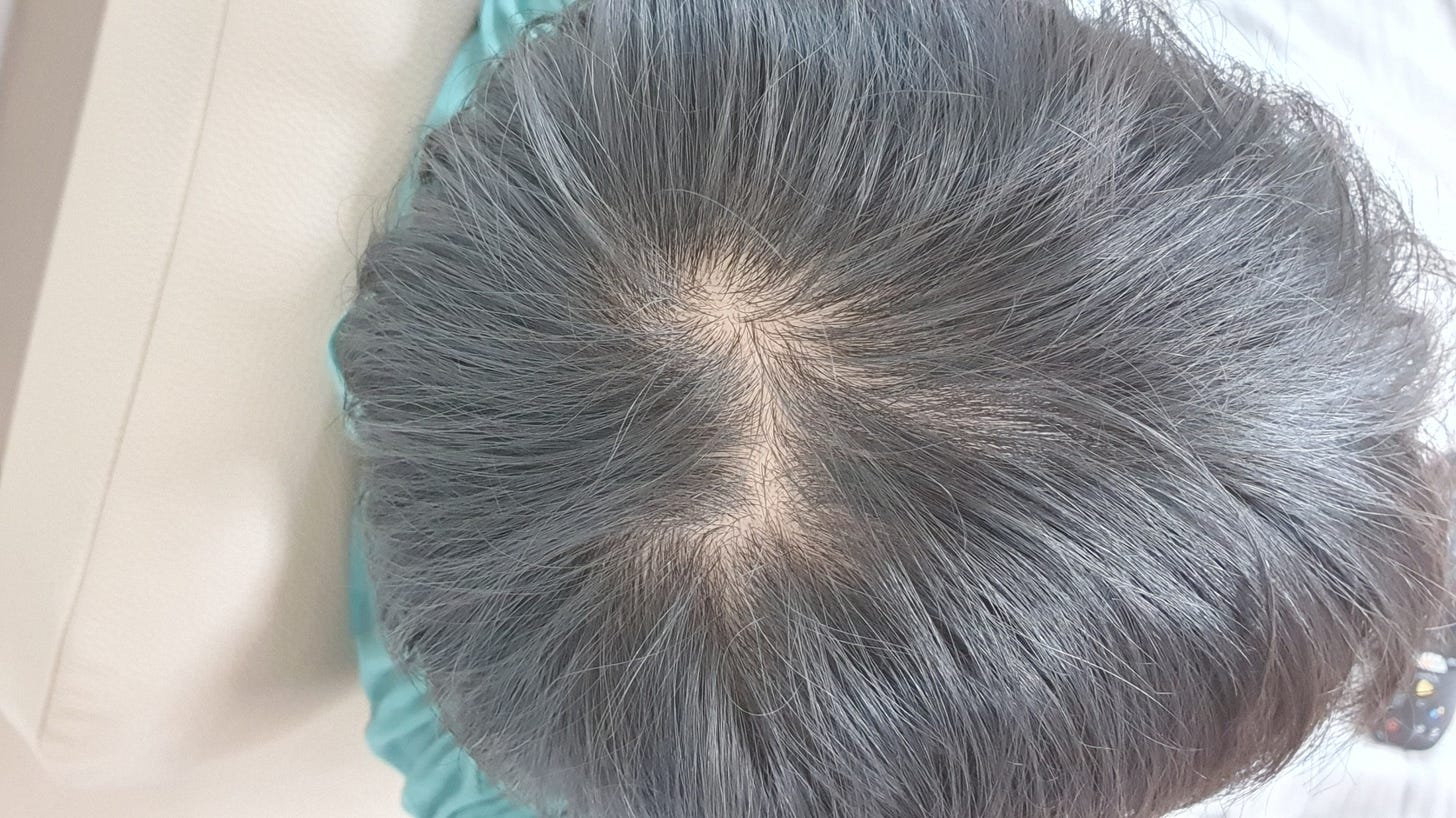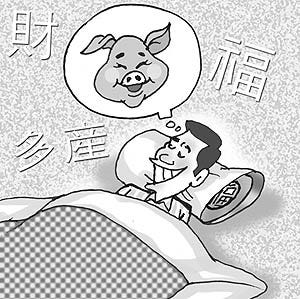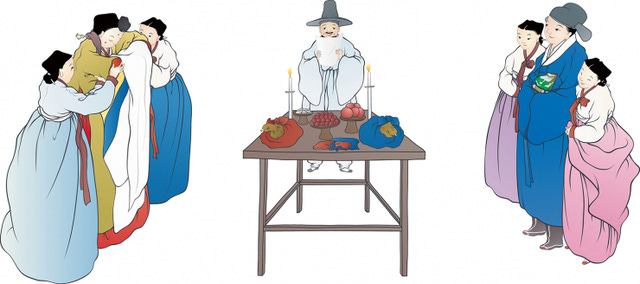Korean Superstitions
About 20 months ago, I’ve written about the bad luck superstitions that Koreans have traditionally had. Many of them still persist today although a few of them have mostly disappeared because they are, quite frankly, absurd.
Today, let’s take a look at a few more of these.
Spiders in the House
Just the other day while watching the Dodgers game on TV in the living room, my daughter noticed and shrieked at a spider crawling on the wall. And when I was about the smack it, my dad stopped me. No, you can’t kill spiders that are inside the house. This is really old and kind of obscure but spiders inside the house were treated as guests, not an abominable arachnid. Because they eat harmful bugs like flies and mosquitoes.
Shaking Legs When Seated
Korean school teachers used to yell at their students who unconsciously shake their legs—I tell ya, Korean schools 30 years ago were not a very pleasant place to be at. Come to think of it, I guess that’s an international and a timeless thing.
They—the teachers—used to say, “your bok (복, “good fortunes”) will run away from you when you shake your legs.”
Double Swirls on the Crown of Your Head (huh??)
On the top your head (“crown”), there is what’s called the “swirl” where hair grows out in a swirling pattern. It’s not exactly the part of your body that you pay close attention to, but Koreans used to in the past. Er… not so much today. This swirl part is called 가마 (gah-mah) and some people are born with two of them, 쌍가마 (ssang-gah-mah). 쌍 is “double” or “pair.”
If you were born with this, it meant that you would marry twice.
If You See These in Your Dream…
This is one of the very popular ones—something that almost every Korean knows and acts on. If you see a pig, a dragon, your deceased direct relatives like parents or grandparents, a pile of turd (yes, this is good!), your country’s President (… no words …), or someone super popular in your dream…
… it’s the day you buy some lotto tickets. I’ve seen plenty of turd storms and a few pigs (even the flying ones) in my dreams but I still haven’t won the PowerBall… yet.
Dried Pollock and Silk Yarn
This is a bit of a weird one in that a real fish is used as a good luck charm. Pollock, called 명태 (myeong-tae), used to be the most abundant fish around the Korean coast until about 20~30 years ago but for some unknown reason the fish moved up north to the Russian coast.
Anyway, the dried pollock is tied around its body with silk yarn and hung just inside the house or business at the front entrance. This is done to protect the house/business from evil spirits and bring in good luck. The symbolism here is that the fish never closes its eyes (= guard against bad things) and that the fish *used to be* so plentiful (= prosperity). The silk yarn? Affluence and longevity.
If you don’t like the actual fish hanging inside your house, there are lots of options in similarly shaped amulets made from less smelly material (just to be clear though, properly dried pollock doesn’t give off that fishy smell at all).
Don’t Bring Home Stuff off of the Streets
Koreans almost never bring stuff off of streets home. It’s not because they think it’s filthy, or they simply don’t like used things—there is in fact a huge market for buying/selling used goods. It’s because thrown away things are thought be attached with dark and/or unlucky spirits.
Hyundai Sonata (huh, again??)
To compete against the best-selling Toyota Camry, the Korean carmaker Hyundai has the Sonata model. My wife used to drive one about 15 years ago.
Quite obviously this is not a “traditional” superstition, but a superstitious and criminal(!) practice nonetheless. (I don’t think this happens anymore). About 20 years ago in Korea, there was this craze among high school students and their parents about the Hyundai Sonata cars, for the truly deranged reason. People would rip off the “S” of the Sonata letterings attached in the back of the cars and keep it with them. So, there was a whole bunch of Hyundai “ONATA” cars on the road.
These “S” letterings were carried as a talisman that would help the possessors to be accepted to “S”eoul National University.
I had completely forgotten about this until just a few days ago when I saw a Hyundai ONATA in Los Angeles. In the United States?
Get Those Single People to Marry!
I’ve written a few posts regarding how young Koreans these days aren’t looking to get married nor are they having children. This was also a problem during the times of Joseon dynasty 500 years ago, but for a different reason.
Back then, people and even the Royal court believed that if there were too many single men and women older than the age of 25 (considered past their prime wedding age at the time, probably equal to 40 today), then natural disasters would strike down upon the nation.
People believed that these (old) single people’s bitterness toward the society generated so much negative energy that it would cause floods, droughts, typhoons and such. Thus, Joseon Kings would send down decrees for the local officials (they would get fired if their district was found to have a lot of single people) to find and locate unmarried people and force them to wed. King Seongjong in 1472 even had the court provide dowery for the newlyweds.
There are also records of Kings of Shilla and Goryeo (much older than Joseon) hosting parties for the singles and/or widowed to relieve the society of the “pent-up stress.”
Call Your Infants by Vulgar Names
Call your infant or unborn children the most vulgar, unrefined names, for they will live a long life. Those names would typically include “Dog poo” (개똥이), “Piggy” (도야지), “Doggy” (강아지) or something of that ilk.
This again was based on the shamanistic belief that if a baby has a pretty or noble name, the foul spirits of the dead world would, out of jealousy, take them away. It is an understandable practice since this is during the time when the infant mortality rate was very high—like higher than 30%.
Expectant Mothers Should Avoid Funerals
Pregnant women should not attend funerals nor seek advice from fortunetellers. People believed that bad spirits were always around the coffin and those creatures would try to switch souls with the unborn child.
Fortunetellers sometimes will speak of inauspicious things coming your way—babies shouldn’t be hearing that stuff.
No Knife Gifting
Do not gift knives. It will bring bad luck to the receiver and to the giver.
A few years ago, there was a TV show where a famous restauranteur Baik Jong-won1 went around all corners of Korea trying to help struggling restaurant owners. One of the episodes showed Baik presenting a high-quality chef’s knife to an older lady who ran a run-down noodle shop. He didn’t exactly “gift” it—he “sold” it to her for 1,000 KRW (= 75 cents).
When Moving into a New House…
When moving into a new residence, douse the entrance and dark corners of the house with salt and red beans, two of the most well-known evil spirit fighters—salt for its cleansing/disinfecting properties and red is the color the dead souls hate the most.
I’ll get to it some point in the future but there’s a whole another class of spirits (not necessarily evil but mischievous nonetheless) that supposedly live inside your house and you obviously want them gone. Even today, right now, there is a fairly big jar full of Korean sea salt right next to the front entrance of our house that my mom placed 13 years ago when we moved in. Garlic and the cross to fight off vampires would be the perfect western culture analogy.
Again, when moving into a new house, the first object that has to go in is the rice cooker. It is the one household item that is the sign of being plentiful and prosperity. When I help my daughter move into her apartment in Chicago in a couple of months, that’s what I’ll be doing—make sure the rice cooker goes in first. The salt and the red beans, I’ll pass. I don’t want to have to clean it up afterwards. (This is how ridiculous all of these practices are…)
As you could probably tell, the existence of spirits (ghosts)—whether you believe it or not—have had a far-reaching impact on the development of Korean culture as it pertains to superstitions.
the same man who was one of two judges in Netflix’s Culinary Class Wars. He’s currently in a lot of controversies surrounding his business practices.













